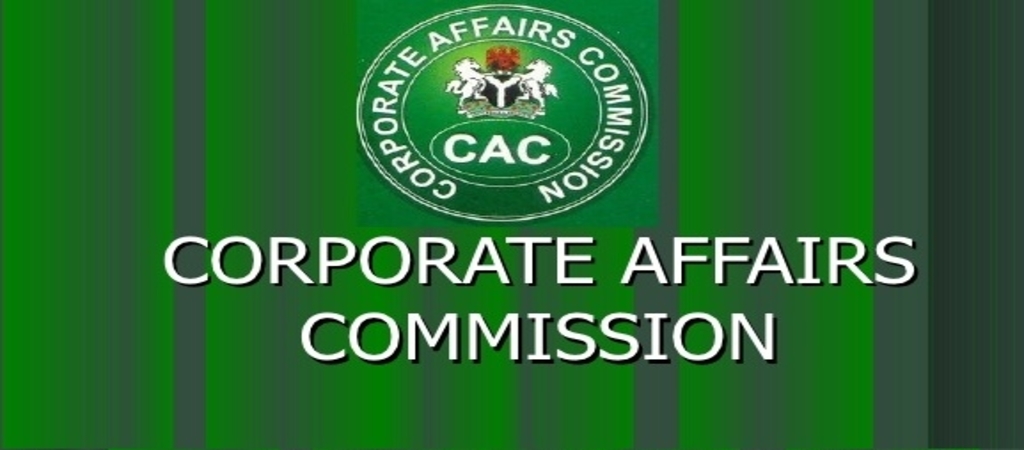During his inauguration, Malawi’s Pentecostal pastor–turned-president said he came to serve, not rule. Adding that the nation must clear out the rubble caused by corruption before it can start to rebuild, Lazarus Chakwera promised to “challenge the leadership of the judiciary to do more to root out the culture of corruption and selective justice that has shipwrecked too many of our lowest courts.”
A month after his swearing-in, Chakwera seemed to be making good on his promises. His government increased the nation’s minimum wage, fired several officials over corruption allegations, and suspended some government contracts. Christians and other observers hope the changes last and wonder how the president’s religious background will influence his leadership long term.
Chakwera spent 24 years as leader of the Malawi Assemblies of God denomination before he kick-started a political career as the head of the Congress Party in 2013. He has taught at the Pan-Africa Theological Seminary and serves as chairman at the Assemblies of God School of Theology. Chakwera attended Trinity Evangelical Divinity School in Illinois and trained with Haggai International ministries.
In a 2014 video interview with St. Andrew’s Presbyterian Church in Newport Beach, Calif. (a Covenant Order of Evangelical Presbyterians congregation), Chakwera said he initially struggled to accept his calling into politics: “God was not saying, I’m pulling you out of ministry, God was saying, I’m extending your ministry so that you’re able to pastor the whole nation.”
After his June 28 inauguration, Chakwera almost immediately began clearing out corrupt officials. Police in the capital city of Lilongwe earlier this month arrested the former president’s security aide over links to a $7 million cement import scandal. Authorities also detained the acting regional police commissioner, Mary Kachale, and 11 other officers over the death of a murder suspect in police custody.
Bright Theu, a Malawian lawyer and professor, said Chakwera’s first acts as president could signal a new era for the country. “His campaign was run on promises of working to break ranks with this culture of corruption,” he said. “Until these cases get to trial, [we’ll] still be watching.”
About half of Malawi’s population does not have enough income to support its basic needs, according to the International Monetary Fund. About half of its workers are in agriculture. Following Chakwera’s promises of economic reform, the government increased the minimum wage from $46 to $70 a month and raised the income tax–free bracket to a maximum of $140 per month. The parliament passed a provisional budget to subsidize fertilizer, which will slash the price by more than half for some 3.5 million small farms.
Matilda Matabwa, the secretary-general of the Malawian Assemblies of God, told the Spanish news website Protestante Digital she hoped Chakwera’s faith will positively influence his leadership style: “We are certain that he shall continue to be the servant we have known over the years, serving and leading this nation.”
Source: world.wng.org






